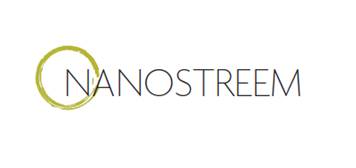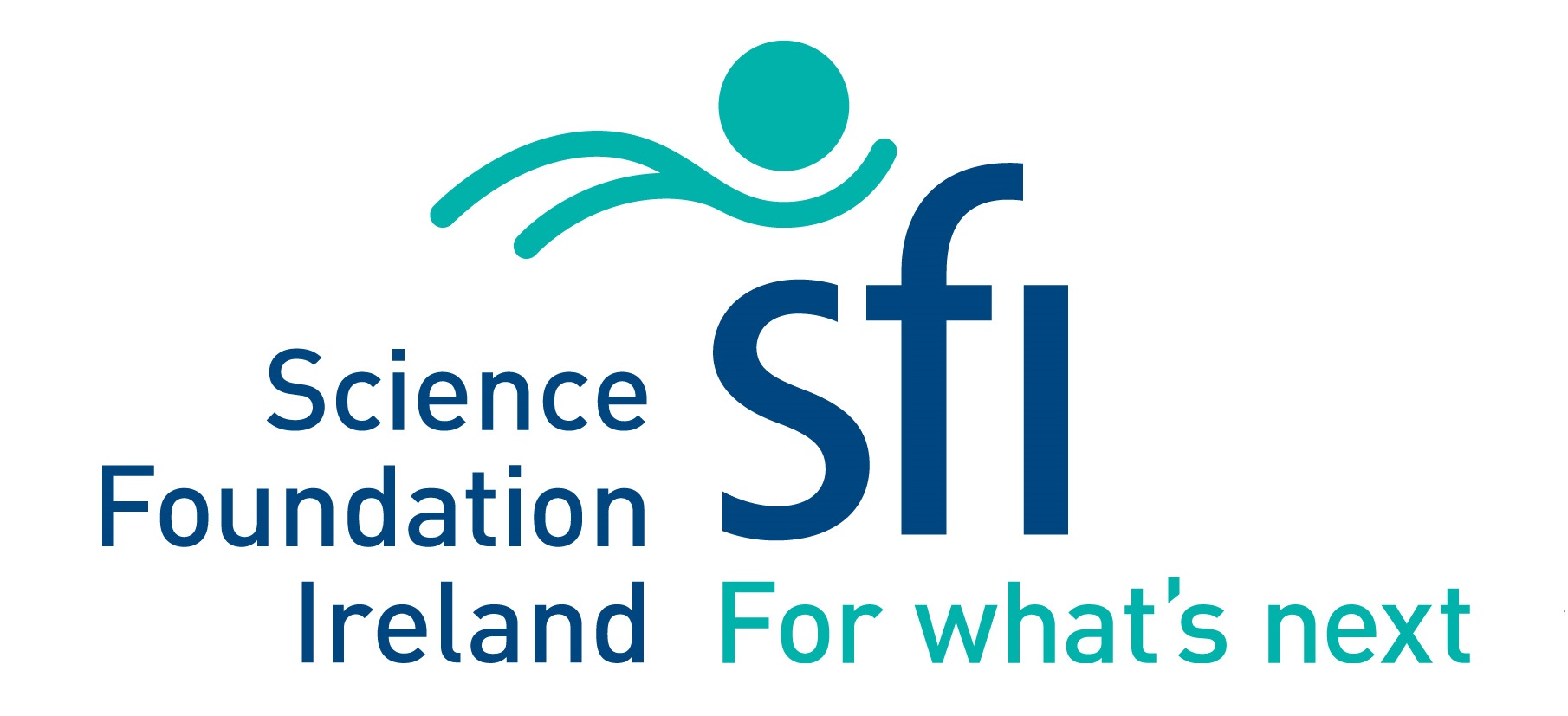FutureNanoNeeds - coordinated by CBNI
A framework to respond to the regulatory needs of future nanomaterials and markets.
Innovative, mechanistic-based strategies for delivery of therapeutic macromolecules across cellular and biological barriers.
Industry partnership NanoClassifier utilised QCM for rapid label-free Bionano interface evaluation and screening of effectiveness of nano-targeting strategies for therapeutics.
An FP7 research infrastructure to establish good practice for nanosafety assessment via Joint Research, Networking and Transnational Access activities.
The Graphene Flagship aims to bring together academic and industrial researchers to take graphene from the realm of academic laboratories into European, thus generating economic growth, new jobs and new opportunities. The core consortium consists of over 150 academic and industrial research groups in 23 countries.
The initiative has received funding from the European Union FP7 and H2020 funding programmes.
Engineered nanomaterial mechanisms of interactions with living systems and the environment: a universal framework for safe nanotechnology.
Biological Foundation for the Safety Classification of Engineered Nanomaterials (ENM): Systems Biology Approaches to Understand Interactions of ENM with Living Organisms and the Environment.
NanoInteract
Development of a platform and toolkit for understanding interactions between nanoparticles and the living world.
NanoImpactNet
An FP7 coordination action to establish a multidisciplinary European network on the health and environmental impact of nanomaterials.
NanoEIS
An FP7 project to investigate the European labour market for personnel trained in nanotechnology.
INSPIRE
A consortium of all Irish third level institutions with international leading research capability in Nanoscience and Nanotechnology. INSPIRE was funded by the Higher Education Authority (HEA) via PRTLI4.
NanoEcoInteractions
A project focused on the visualisation and quantification of nanoparticle interactions with aquatic species, including the application of High Content Analysis to nanoecosafety assessment.
Biological Identity of Nanoparticles Dispersed in Biological Media. Very small objects, of sizes of tens of nanometers, can now be engineered to have different sizes, shapes and surfaces. Because they are of a similar size to proteins in living organisms it is possible for them to take the same routes as they do, crossing barriers usually difficult for other larger particles or smaller molecules. Thereby they reach parts of the body not usually reached by man-made objects. By understanding and engineering their surface coating (in situ) we can control and predict these events, thereby ensuring the safety of nanomaterials, as well as creating new more targeted drugs.
The purpose of this project is to advance a new platform that is emerging from our SFI PI program in bionanoscience. The most recent outcome of that research has just been published in Nature Nanotechnology. We are now in a position to fabricate new types of bio-interfaces ('biomolecular corona') on the nanoparticle surface that are capable of a high degree of specificity in biological targeting. We now seek to translate this into a scalable process that could lead to a novel effective therapeutic approach. This is directly applicable to drug delivery, which is a priority area for SFI. This also ensures that our more SFI PI basic research can be further developed to a commercializable output. This exemplifies the concept of scientific excellence, with impact.
 (opens in a new window)Nanofacturing aims to design and build both pilot and large-scale manufacturing lines for the production of nanopharmaceuticals. The project focuses on the scale-up of glycan-coated nanoparticles, the latest generation of nanomedicines, and addresses the bottlenecks in the delivery of these medicines to the market. Nanofacturing has received funding from the European Union H2020 research and innovation programme.
(opens in a new window)Nanofacturing aims to design and build both pilot and large-scale manufacturing lines for the production of nanopharmaceuticals. The project focuses on the scale-up of glycan-coated nanoparticles, the latest generation of nanomedicines, and addresses the bottlenecks in the delivery of these medicines to the market. Nanofacturing has received funding from the European Union H2020 research and innovation programme.


(opens in a new window)NanoStreem aims to develop a better understanding of the occupational hazards related to the use of nanomaterials and a better governance of the risks related to the manipulation of nanomaterials on the workers and environment using the semiconductor industry as an example. NanoStreem has received funding from the European Union H2020 research and innovation programme.







